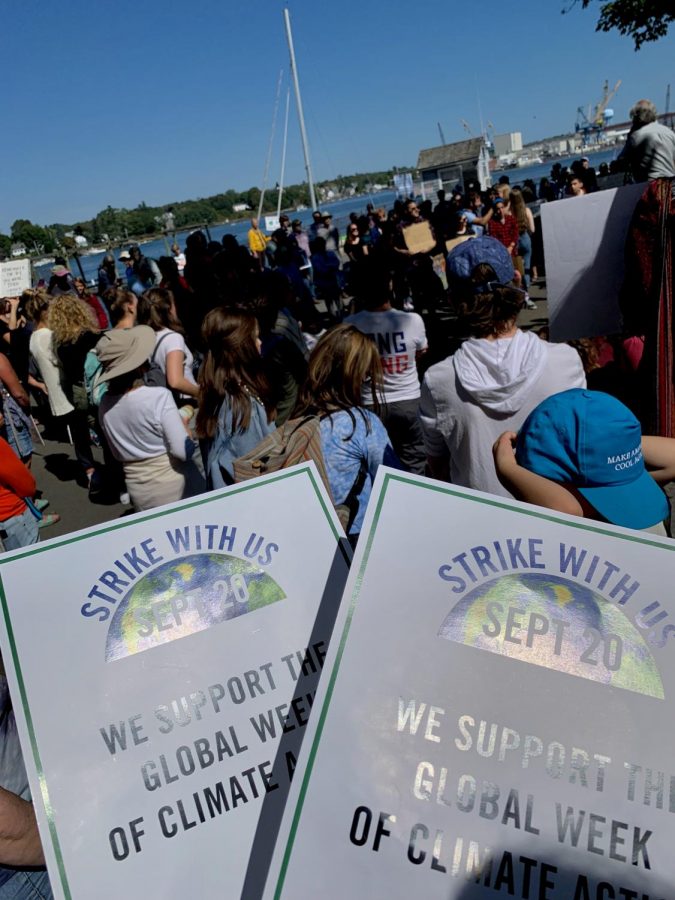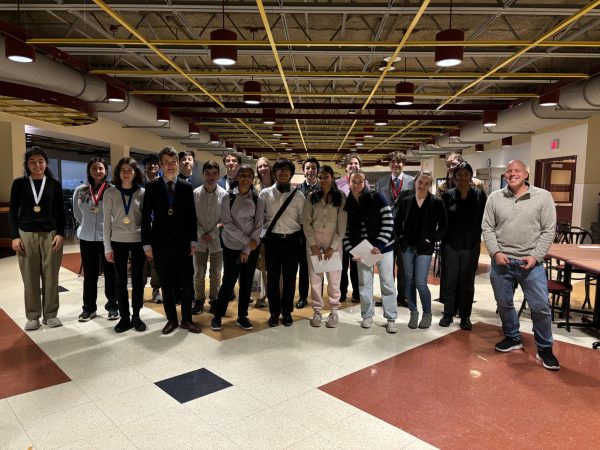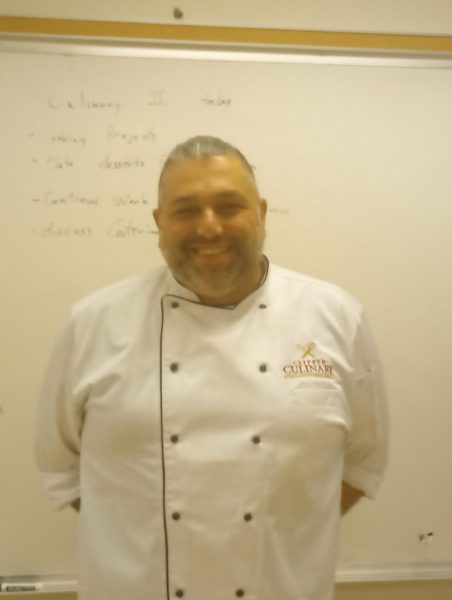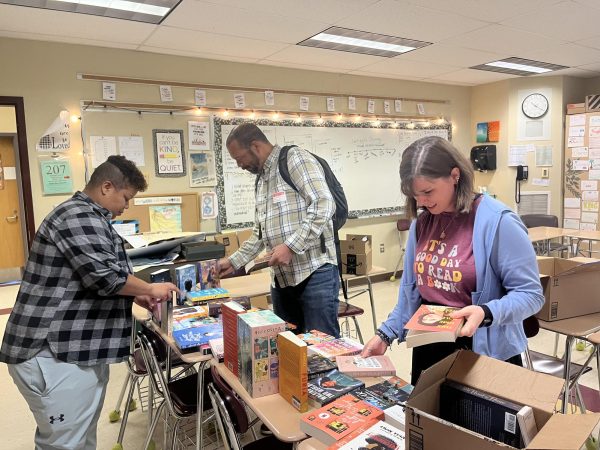Classroom to Community: How PHS Ecology is Helping Students Get Involved
On September 20, millions of protesters rallied in hundreds of countries across the globe. Hand-painted signs, headlining phrases like “Every disaster movie starts with an ignored scientist,” were held high as strikers demanded political action from governments on the climate crisis.
The climate strike was held 3 days before the UN Climate Summit in New York City. The summit was attended by 16-year-old Greta Thunberg, a Swedish climate activist. According to CNN, Thunberg helped organize the climate strike, along with other climate organizations.
At the climate strike in Portsmouth, NH, several of the strikers were students from local high schools, including PHS. Many of the Portsmouth students were sophomores attending the strike to earn community service hours for their ecology class.
Mrs. Pozzetti, a science teacher at PHS who has taught ecology for nine years, commented on why environmental-related community service is part of the curriculum: “It’s important [for students] to be citizens in the community. Especially local communities, but also on the global aspect, too. A lot of people, especially students or kids, don’t think that they can make a difference…I don’t think people realize the impact [they can have].”
Students are required to get 4-5 hours of community service during the nine-week class. To earn hours, students can take part in any local activity that helps the environment. Activities include cleaning up the beaches, helping kids build fairy houses, and attending climate strikes.
Karina Havaleshko, a sophomore at PHS who is currently taking ecology, feels that community service helps students realize that they can make a positive difference in the Seacoast area: “I think it [the crisis] concerns all of us as we’re all constantly adding to the problems that are causing climate change.”
In addition to learning about the climate crisis through community service, the class touches on the consequences of global warming. Mrs. Pozzetti stated that students sometimes do not appreciate their community service because it is treated like “any homework assignment.” But the material taught in class helps show students the science behind global warming. Mrs. Pozzetti said that some students find interest in environmental-related topics discussed in class.
The PHS ecology curriculum is connecting the universal youth climate movement to the local community. Through climate change education and volunteer work, ecology students begin to realize that “youth have to get the ball rolling.” “Older adults didn’t grow up in an age where they had to care about the environment,” Mrs. Pozzetti commented.
Who knows? Perhaps the next Greta Thunberg will be a PHS student that was inspired by their community service during sophomore year. No matter what, each student at PHS will help make Portsmouth more eco-friendly through their community service.







